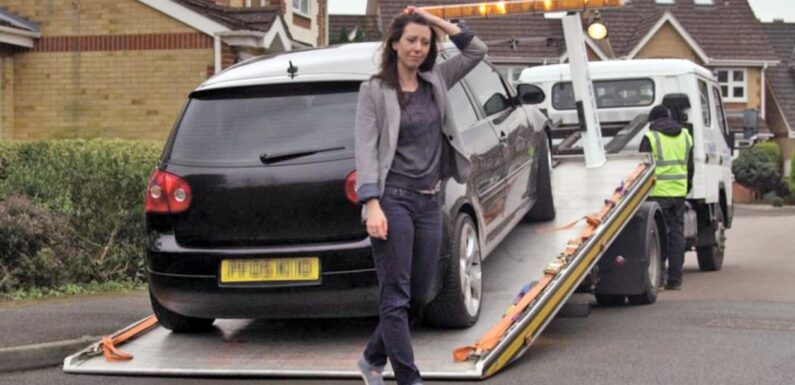
Find out what happens if your car is repossessed, and what to look out for if you're thinking of buying a repo car
Finance is a major cog in the wheel of buying a car, especially when acquiring one new. Indeed, over 90 per cent of new cars bought privately in 2022 were financed in some way. But what happens if you can't keep up with those monthly repayments? In the worst case, your car may be repossessed, as the finance company attempts to recover any outstanding costs from you.
If you're struggling to keep up repayments and have arranged the finance via a car dealer, then you may be tied into the agreement. If this is the case, the paperwork of the agreement should have information on what to do if you can't keep up repayments. If you can’t afford your repayments, speak to your finance provider, rather than the dealer where you bought the car, as they will have more knowledge and ability to organise an alternate solution such as extending or even reducing the payments or repayment period.
-
Best new car deals 2023
Another useful contact is Citizens Advice. They will be able to provide free information on how to handle outstanding debt. It's more of a general service for people needing help with all kinds of debt, so it may not be able to cover the specifics of your finance agreement, but it's still a useful port of call all the same.
If the worst happens and your car is repossessed, that might not be the end of the situation, as car finance companies may want to try and recoup any outstanding interest of equity the value of the car may not cover. If you took out dealer finance, then the only asset that is at risk is the car itself, and there is no risk to any of your other assets. Either way, failing to keep up repayments on a loan will have a negative impact on your credit rating, and means it might be harder to arrange finance in the future – not only on a car, but also other credit products like bank loans or mortgages.
When is a car repossessed?
A repossession is normally a last resort for finance companies once all other avenues of repayment have been exhausted. If your car is going to be repossessed, then a bailiff will be arranged by the finance company to retrieve the car, so that the finance company can sell the car to recoup any money lost in missed repayments.
Some people may feel aggrieved when a bailiff, or repo man, comes to take their car away. However, any issues you may have with the situation of having your car repossessed should be directed towards the finance company, rather than the repo men, who are just doing their job. As far as the finance company is concerned, the vehicle is an asset, and they are taking the vehicle back to recoup the losses from the broken finance agreement.
How can I tell if a car has been repossessed?
Cars which have been repossessed will be sent to auction as soon as possible, so the finance company can recoup as much as they can from the defaulted agreement. Repo cars can be sold at specialist auctions that are only open to trade customers or registered car dealers, with no direct ways for members of the public to buy a repo car.

If a check comes back clean, then you know there will be no finance company looking for reimbursement, but aside from that, there's no obvious clue to a repo car. The only other giveaway there may be is with the condition of the car. If somebody is struggling to keep up repayments on a car, then they are likely to find it difficult to keep the car maintained. Servicing could well have fallen by the wayside, and some MoT advisories could roll over from test to test. Even cleaning the car could take a back seat, too.
If the person who has taken out the finance feels resentful towards the finance company, they may have damaged the car before it being repossessed. Still, if a car is in a shabby state and missing some service history, that means you could well pick up a bargain that could easily be brought back up to scratch.
Buying a police repossessed car
Cars repossessed or seized by the police are also great ways to potentially save money on a new car. Police auctions may seem like a daunting place to buy a car, but many vehicles offered might not have been involved in a crime directly, rather having been seized by the authorities with the previous owner being incapable of paying fines or refusing to collect their car after an arrest – such as driving under the influence, or being disqualified from driving.
The same issues and warnings apply to police auctions as normal car auctions, so doing a car history or HPI Check is a must, and could spare you some headaches down the road.
How much is your car worth? Find out with our free car valuation tool…
Source: Read Full Article
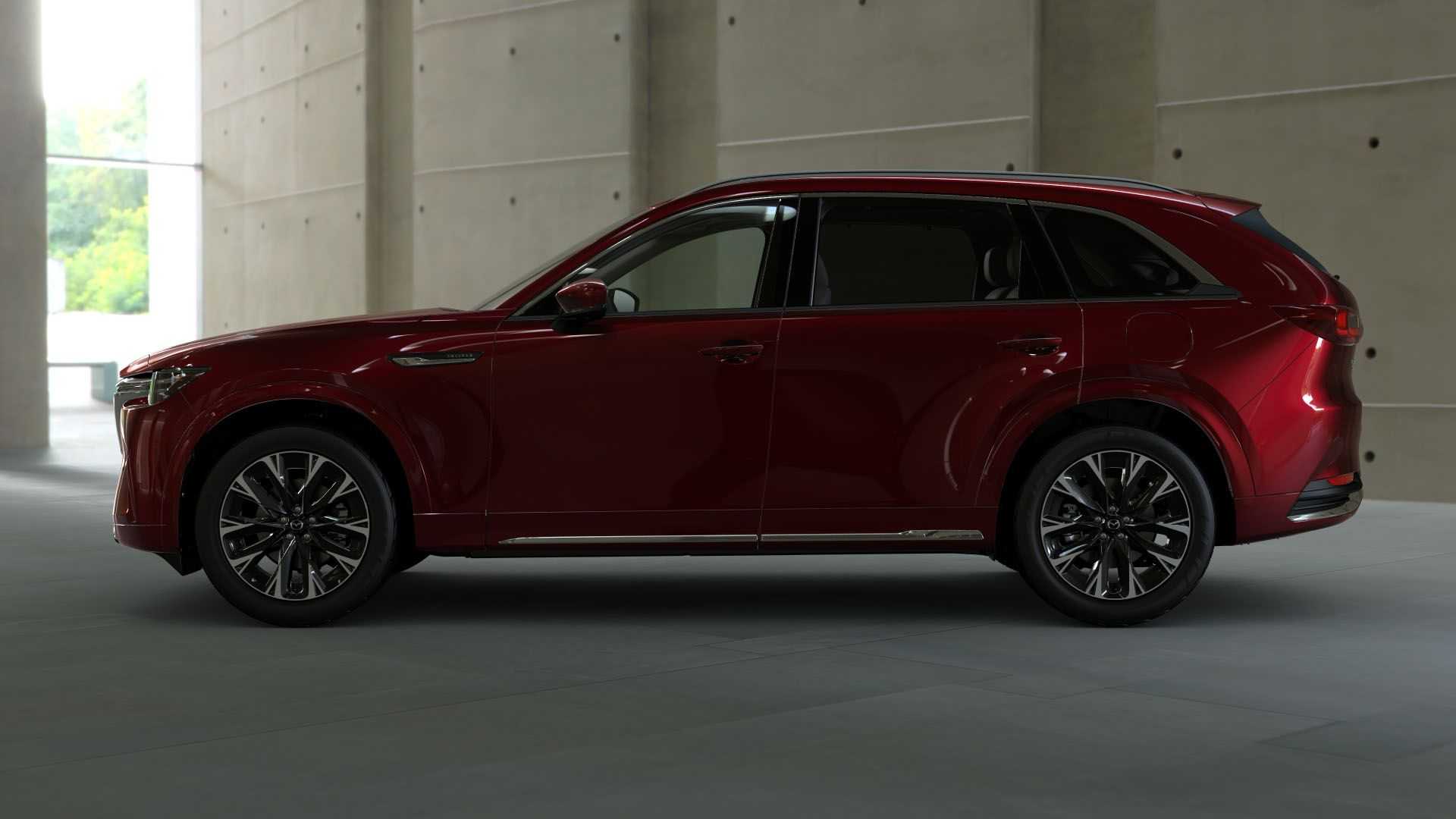


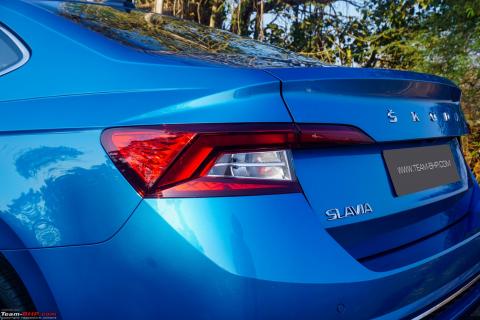

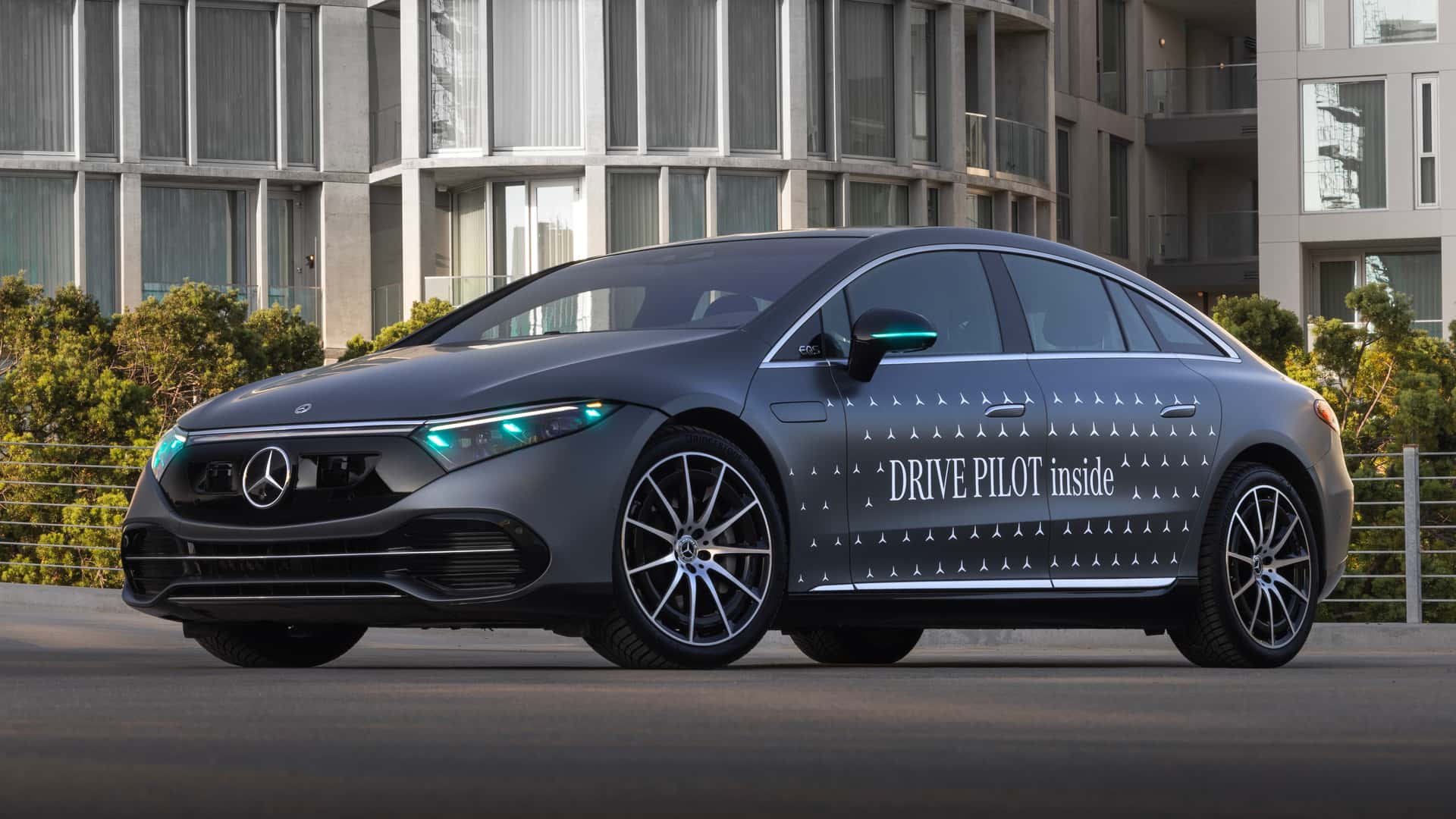


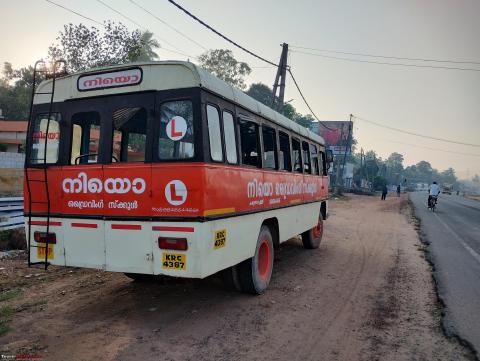


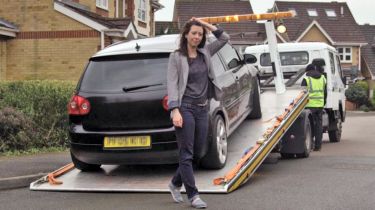
 Best new car deals 2023
Best new car deals 2023